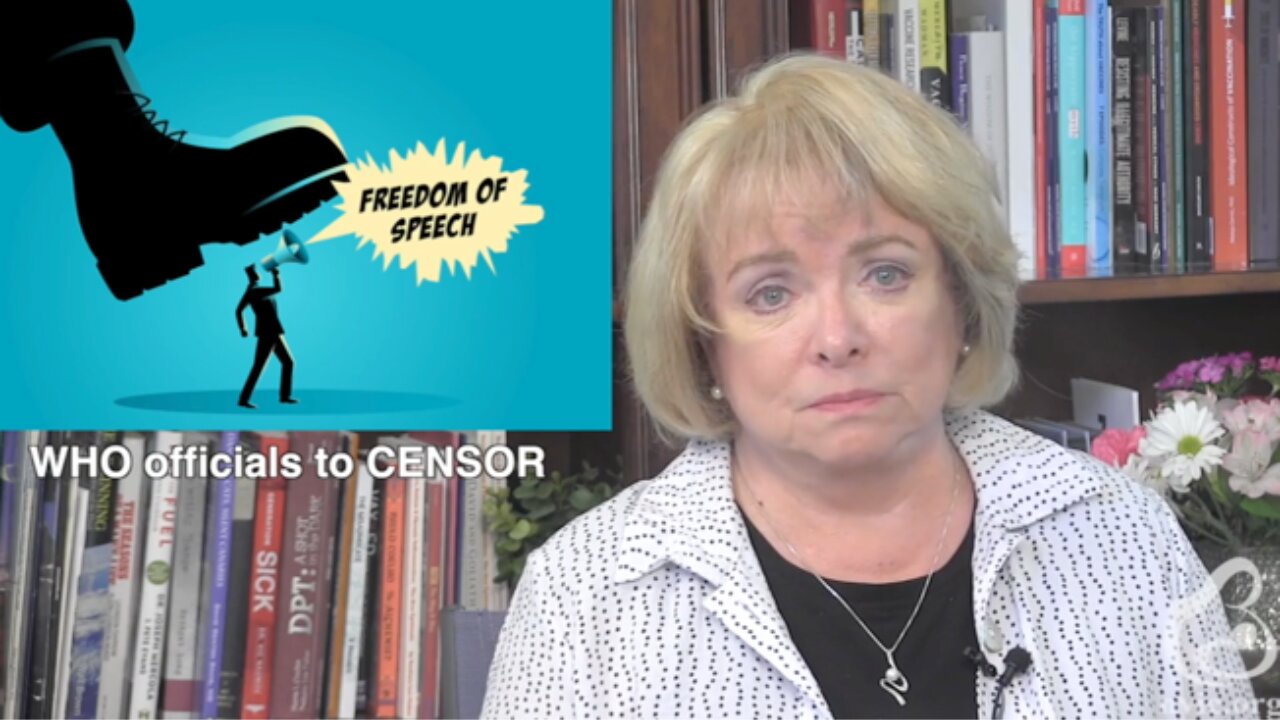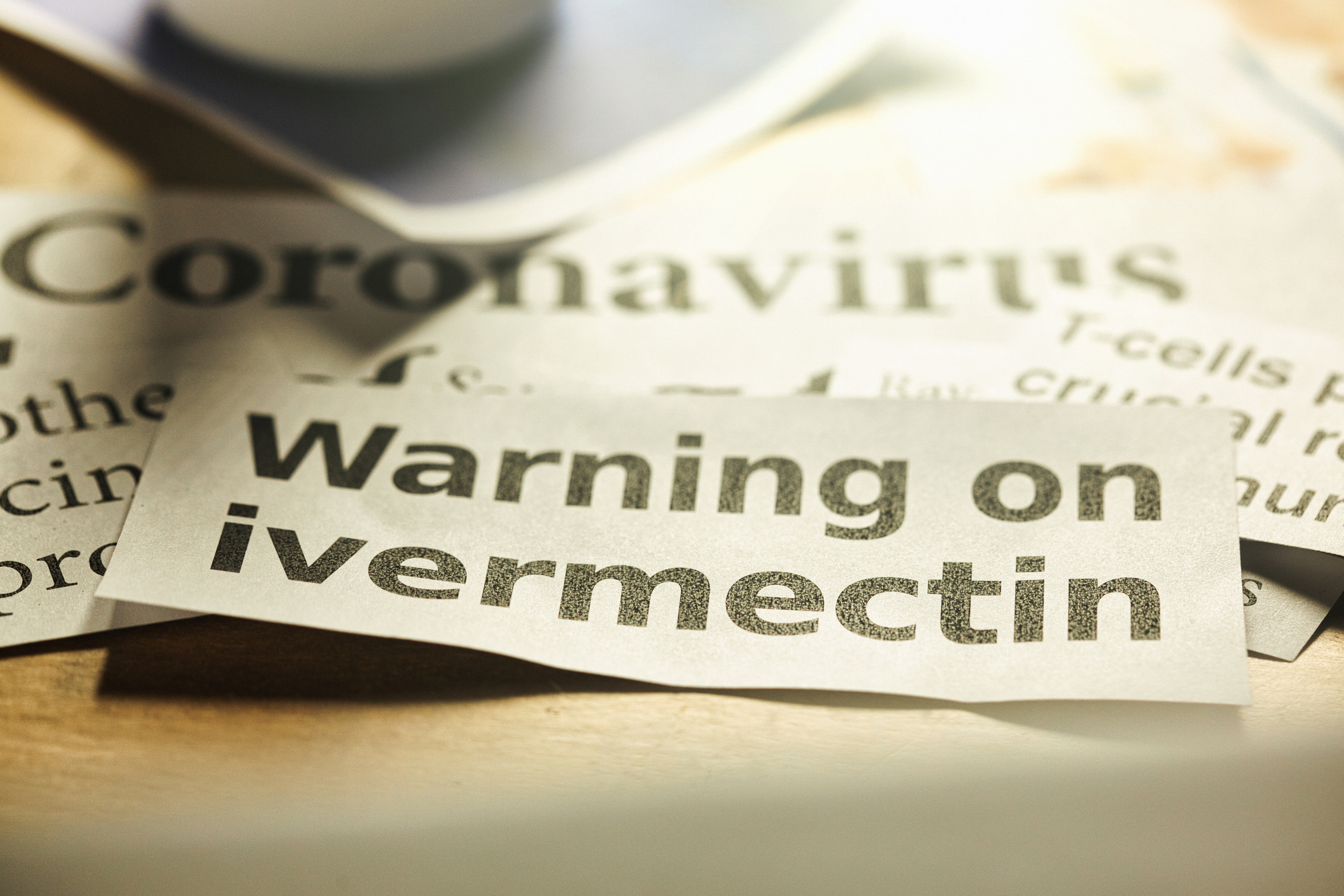- The World Health Organization (WHO) and other international health agencies have recommended that babies should be fed breast milk exclusively for their first six months of life.
- Scientists reporting in the BMJ suggest that six months is too long and that babies should begin solid food at four months, supplemented with continued breast milk.
- Breastfeeding advocates point out that three of the four co-authors of the dissenting study in the BMJ received some funding from commercial baby food and formula companies.
Citing the latest “systemic review of the evidence, the World Health Organization (WHO) has reiterated its 2001 recommendations1 for “mothers worldwide to exclusively breastfeed infants for the child’s first six months to achieve optimal growth, development and health,” adding, “Thereafter, they should be given nutritious complementary foods and continue breastfeeding up to the age of two years or beyond.”
The WHO statement was supported by “two controlled trials and 18 other studies conducted in both developed and developing countries.”2 The policy was echoed in 2012, by the American Academy of Pediatrics (AAP), which agreed that babies should be exclusively fed breast milk for their first six months, with continued breastfeeding along with supplemental nutrition for at least the first year.3
With such authoritative recommendations, it is not surprising that medical professionals and new mothers alike have considered six months of exclusively feeding breast milk to be the gold standard in baby care and nutrition for the past few decades. What, then, of claims by some scientists contradicting the WHO recommendations and stating that six months is too long to feed a baby only on breast milk and that, in fact, such a diet could be harmful to infants?
Do Babies Need Solid Food Before Six Months?
A study published in the BMJ claims that the evidence to support giving six months of breast milk as the only source of nutrition “was never there” and that waiting that long to introduce solid food could be detrimental to the developing child. This report suggests that evidence, not available when the WHO made its recommendation, shows that exclusively breastfed babies have an increased risk of developing iron deficiency anemia, which may “be linked to irreversible adverse mental, motor or psychosocial outcomes.”4
The study further claims that waiting to introduce solid food until later than six months could lead to an increased risk of food allergies and celiac disease. Mary Fewtrell, one of the authors of the study, said that since so few mothers actually breastfeed at all by six months, let alone exclusively, probably few children are harmed.
However, since evidence also shows that babies breastfed exclusively for six months had a lower risk of dying from infections such as pneumonia,5 the authors proposed that the six-month policy may merit support for poor countries with a high rate of infant mortality from infection, but that four months of exclusive breastfeeding might be more appropriate for developed nations.
Breastfeeding advocates have called the motion “a regrettable and backward step that is out of step with current scientific thinking” and pointed out that three of the four authors of the study accepted some sort of funding from the commercialized baby food and infant formula industries.
WHO Stands Firm for Six Months of Exclusive Breastfeeding
The most recent recommendations from the WHO continue to support the idea that six months of exclusive breastfeeding is best for babies and does provide all the nutrition and immune system support they need for the best start in life. Joint policy guidelines of the WHO and UNICEF state that the best, healthiest nutritional course for infants includes:
Early initiation of breastfeeding within 1 hour of birth;
Exclusive breastfeeding for the first 6 months of life; and
Introduction of nutritionally-adequate and safe complementary (solid) foods at 6 months together with continued breastfeeding up to 2 years of age or beyond.6
Dr. Fewtrell counters that it is not their job to offer new advice, but that “…our own opinion is that currently the balance of data would favour introducing solids alongside continued breastfeeding between 4 and 6 months—when the mother feels her baby is ready.”5 In the end, parents must look at the evidence themselves and decide when to introduce solid food based on the individual needs of their own baby.
References:
1 World Health Organization. Exclusive Breastfeeding. Report of an Expert Consultation March 2001.
2 WHO. Exclusive Breastfeeding for Six Months Best for Babies Everywhere. World Health Organization Statement Jan. 15, 2011.
3 Breastfeeding and the Use of Human Milk. Pediatrics March 2012.
4 Boseley S. Six Months of Breastmilk Alone Is too Long and Could Harm Babies, Scientists Now Say. The Guardian Jan. 13, 2011.
5 Gilbert N. Is Breast Not Best for Babies? Nature Jan. 14, 2011.
6 WHO. Infant and Young Child Feeding. WHO Fact Sheet September 2016.














5 Responses
Interesting that up to two years is good? NOT! In Chinese medicine we say 6 months and since I have visited China several times and studied there, oddly enough their children are potty trained in one month and there is a pot especially for that, plus no diapers but a bare behind for several months, and I have yet to see one needing vaccines and winding up with autism, illnesses, and serious diseases that we see here by the brainless pushing these nasty chemicals into anyone’s body. And since most Chinese women work, 6 months works for them and their healthy children.
I do not understand how it is bad to breast feed up to 2 years. While that very rarely happens in the US (most are weaned at around 1 year) anymore that was common many years ago and children were much healthier than they are now. I do not see how it could be detrimental to a childs health to continue breast feeding. Just because China does it that way does not make it right either. China also places very little value on human life so I would not be using them as the best example in such matters.
This is laughable that there is even a debate wether breast milk is appropriate at any point in an infants or toddlers life. One hundred years ago every person was breast fed; if you didn’t nurse your child or hire a wet nurse to do so for you, your child would die. Formula wasn’t an option! It’s the perfect human food…yes it lacks vitamin D but we aren’t meant to live indoors. We evolved to make vitamin D from sunlight, and our babies are no different. Iron stores in babies do start to decrease after six months of age, but that seems to naturally coincide with their interest in solid foods. Breast milk is high in saturated fat, an essential component of healthy brain and eye development. Since children have roughly 85% of their brain growth during the first few years of their lives, it makes sense that continuing to receive breast milk during that time would be greatly beneficial. I have three children and all have been breast fed exclusively until they showed signs of interest in food (10 months, 6 months and 9 months: age of interest). Until the age of 12-18 months solid foods were merely a complement to breast milk. After that age they would actually start to eat what one would consider a meal. I have almost seven year of breast feeding experience…and still nursing my 27 month old. All of my children thrive physically and developmentally, fortunately. But I absolutely believe breast feeding has so much to do with it! I’m convinced that the huge reductions in breast feeding are partly to blame for a number of issues…not the least of which is the rampant lack of intellect that plagues our country.
This could be another ‘programmed’ debate, created to stir up opposing perspectives — so humanity has one more reason to fight against itself. If we wipe each other out with silly arguments, the psychopaths pushing these stupid ideas don’t have too!
A BIG FAT RASBERRY to the British Medical Journal. And have a nice day jerks. Sick to death of “experts” and bureaucrats who know what is best for the rest of us. Put that in your collective pipes and smoke it.